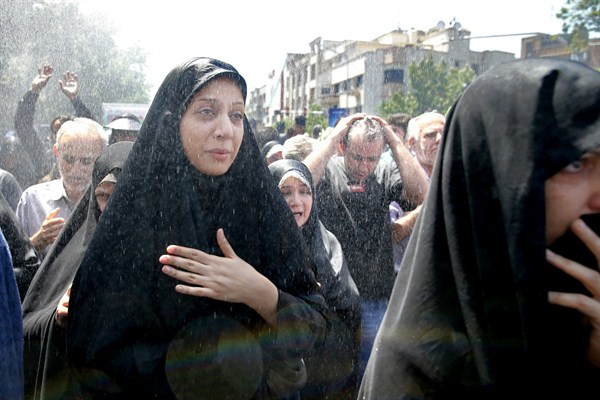Last week, while a great deal of attention was focused on the aftermath of the terrorist attack in central London, another wave of jihadi killings unfolded a continent away, in the heart of the Islamic Republic of Iran. The perpetrators of the June 7 operation in Tehran struck directly at regime targets, hitting the country’s parliament and the shrine to its founder, Ayatollah Ruhollah Khomeini, killing 17 people and wounding more than 50.
The so-called Islamic State quickly took responsibility for the attacks in both London and Tehran, adding evidence to the theory that as it loses ground in Syria and Iraq, it is making a strategic shift, focusing more of its energy on operations far from the territories it once controlled to reassert its continuing relevance.
But what is more remarkable in the wake of the strike against the Islamic Republic was the stream of contradictory statements about the incident emanating from both Tehran and Washington. Reactions to the terrorist attack in Tehran highlighted the fundamental inconsistencies in both Iranian and American policies surrounding the tangle of conflicts in the Middle East.

